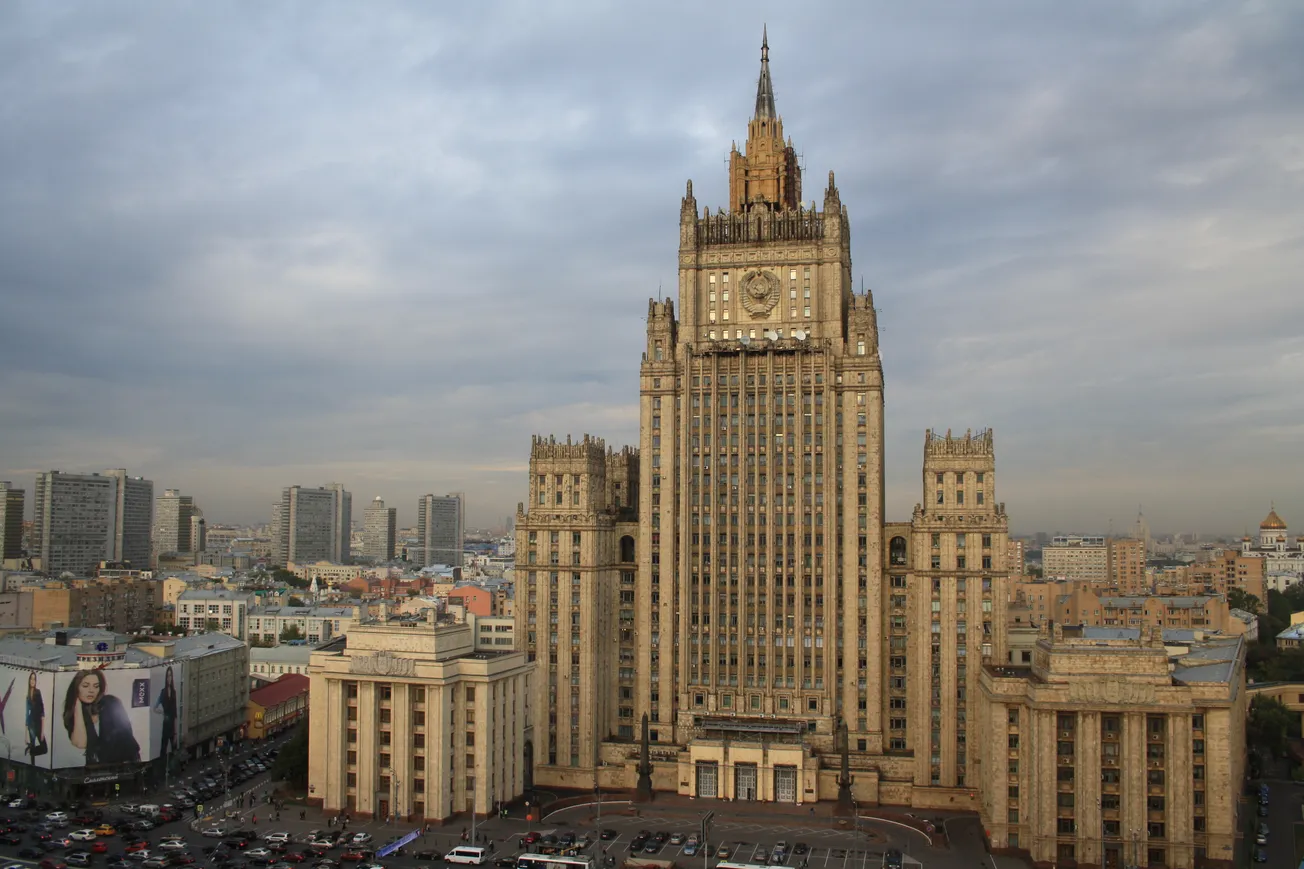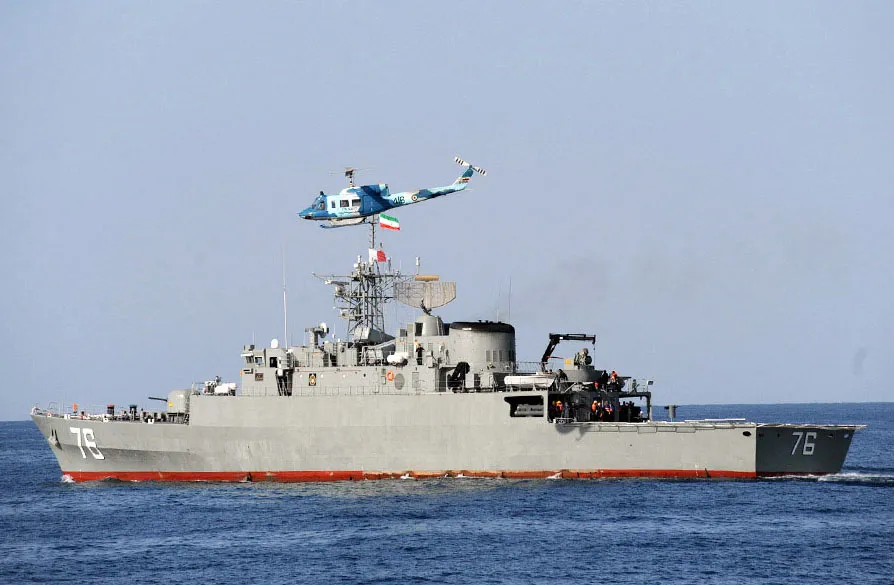On the 90th anniversary of the restoration of diplomatic relations between the United States and the then-Soviet Union on Nov. 16, 1933, the Russian Foreign Ministry issued a press release taking note of the occasion, but also warning of the grave dangers facing the two countries today. In the present situation, diplomatic relations have been reduced, in the Ministry’s words, “to next to nothing.” In fact, it somberly warns, “there is a risk that these relations can be severed at any moment.” This is not Russia’s choice, the Ministry emphasizes, but the “irresponsible steps by the United States to promote further escalation, including its doctrine to inflict a strategic defeat on Moscow, could bring about disastrous consequences.”
Diplomatic ties had been re-established in 1933 at the urging of President Franklin D. Roosevelt following a 16-year hiatus caused by the breaking of relations after the 1917 Bolshevik Revolution. Except for that 16-year interval, the two nations had maintained diplomatic relations since 1807. The 1933 restoration, which Roosevelt personally negotiated with Soviet Commissar of Foreign Relations Maxim Litvinov, not only ushered in “broad opportunities for promoting mutually beneficial trade and economic cooperation, but it also laid the foundation for the allied relationship between the Soviet Union and the United States during the Great Patriotic War (World War II).”
Yet today’s relations are at the edge. How did it come to this? The Foreign Ministry points to the period of the 1960s, the Cold War and the near nuclear war that might have resulted from the Cuban Missile crisis, had it not been for U.S. government leaders at that time—a clear reference to John Kennedy—"who had enough common sense to stop in order to come to an agreement with the U.S.S.R. on our peaceful coexistence and arms control.” Unfortunately, the generation that followed in the 1990s and 2000s “was not receptive to this kind of pragmatic vision.” The tenets of the “end of history” and U.S. hegemony “were and remain the basic tenets.”
With no understanding of the process that has been unfolding in Russia since 1991, U.S. experts and politicians persist with their “futile and absurd focus on regime change,” fomenting internal strife. The world is undergoing “tectonic geopolitical shifts,” and the global balance of power is shifting, but Washington is stuck in the old game of “global containment” of Moscow and Beijing. This, the Foreign Ministry says, is in effect a “containment policy against the global majority that refuses to accept the rules-based order imposed by the West.”
This is the primary cause, say the statement, of the profound crisis in U.S.-Russian relations, in which the U.S. wields “rampant Russiaphobia” as a weapon. However, it notes, it is still worth remembering some of the positive historical experiences the two countries have had together “when they proceeded in their relations based on respect and taking each other’s interests into account.” These were the principles that were at the heart of the 1933 agreement to restore relations, “and they remain relevant in today’s world with the unprecedented challenges it faces.”




